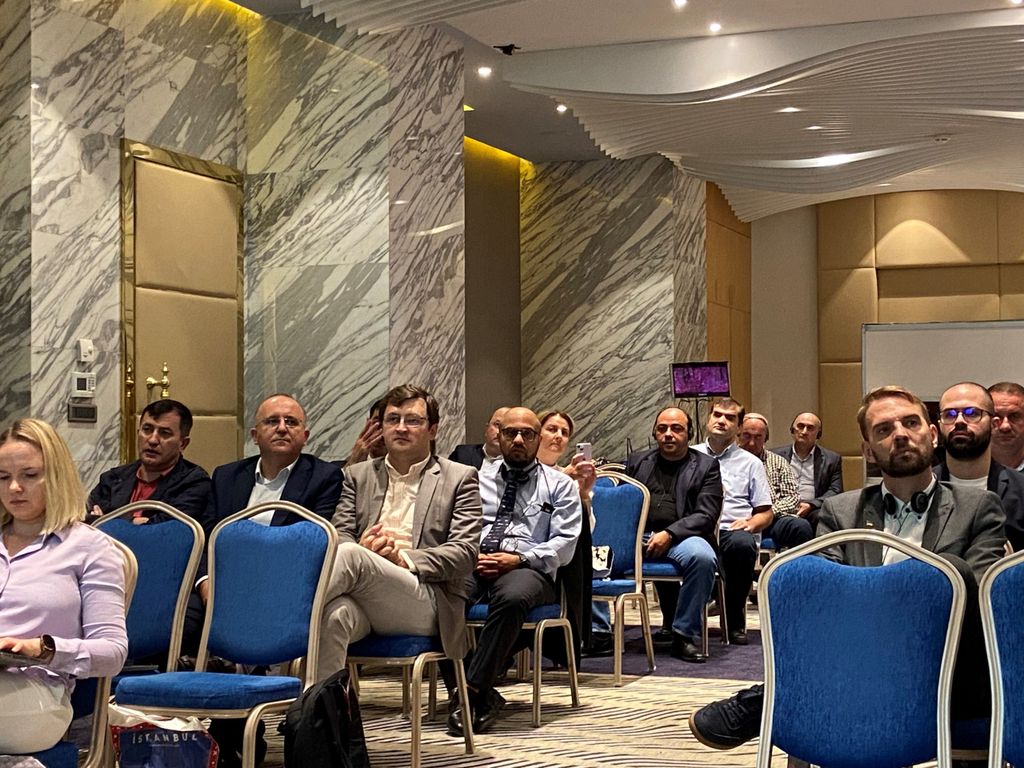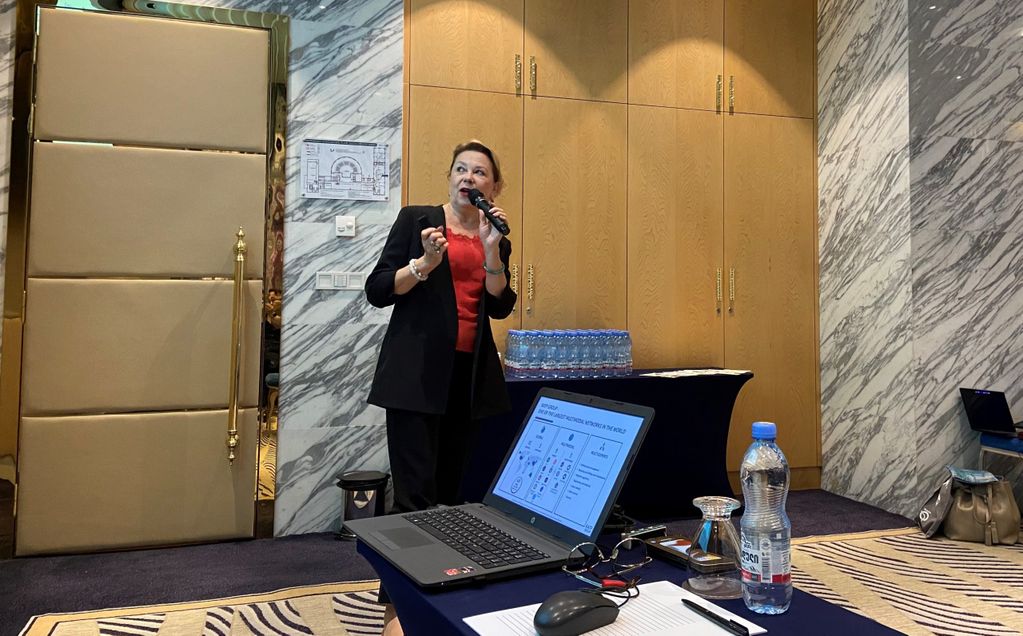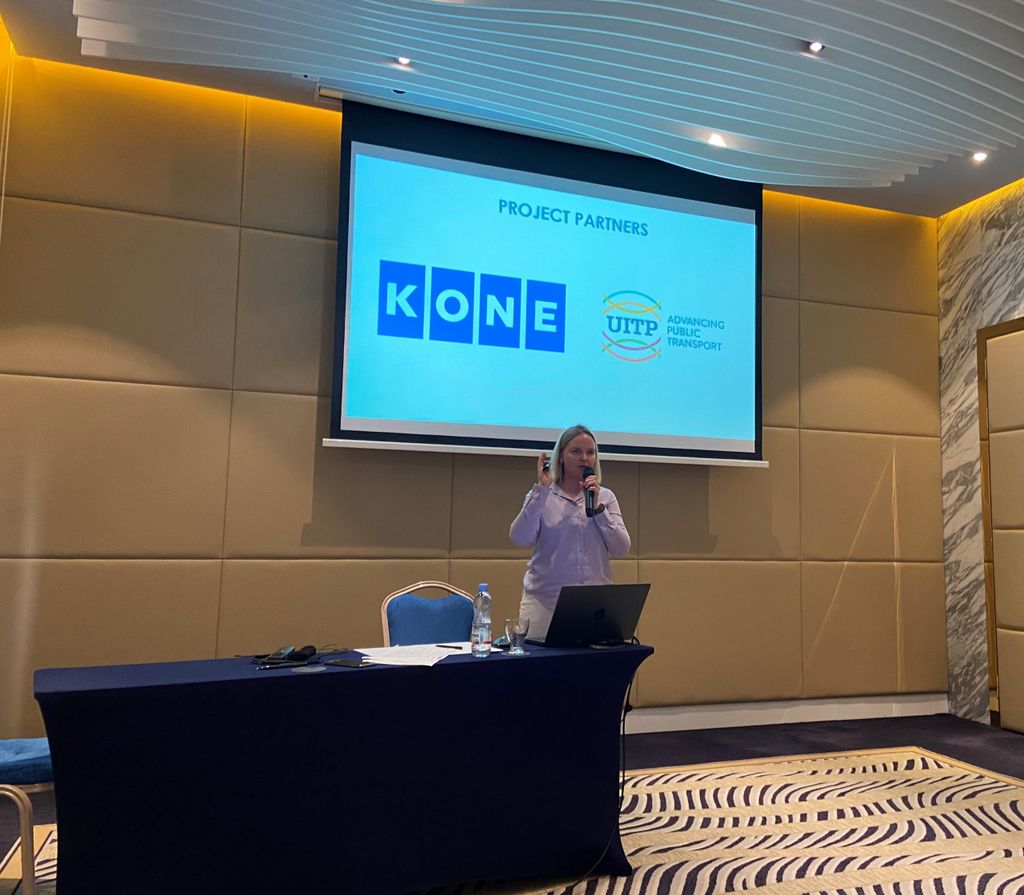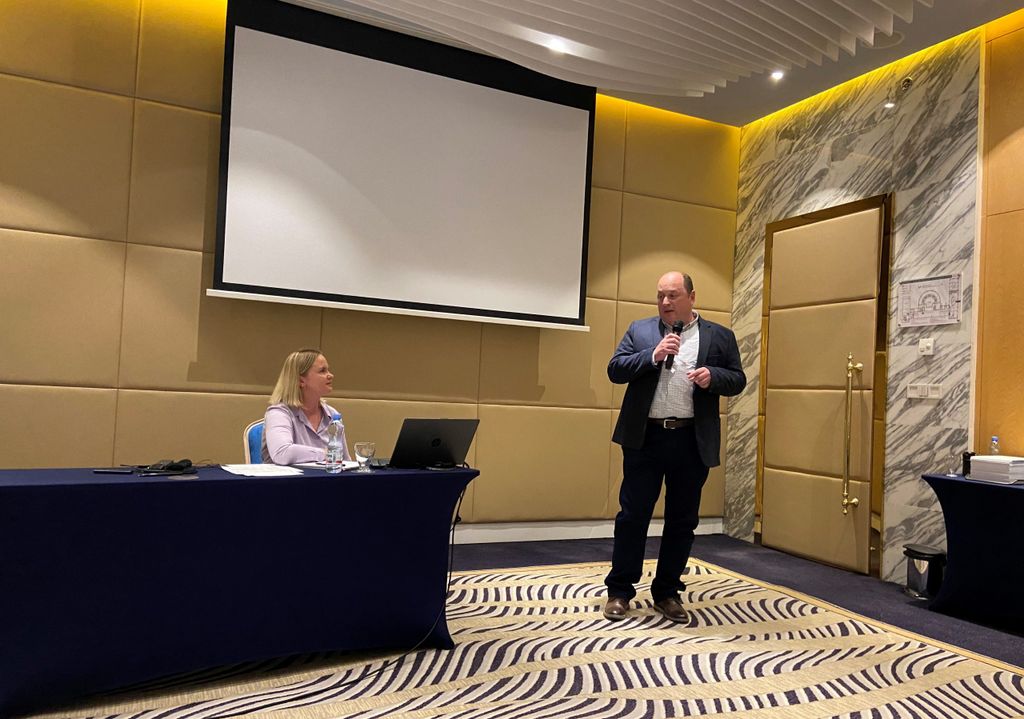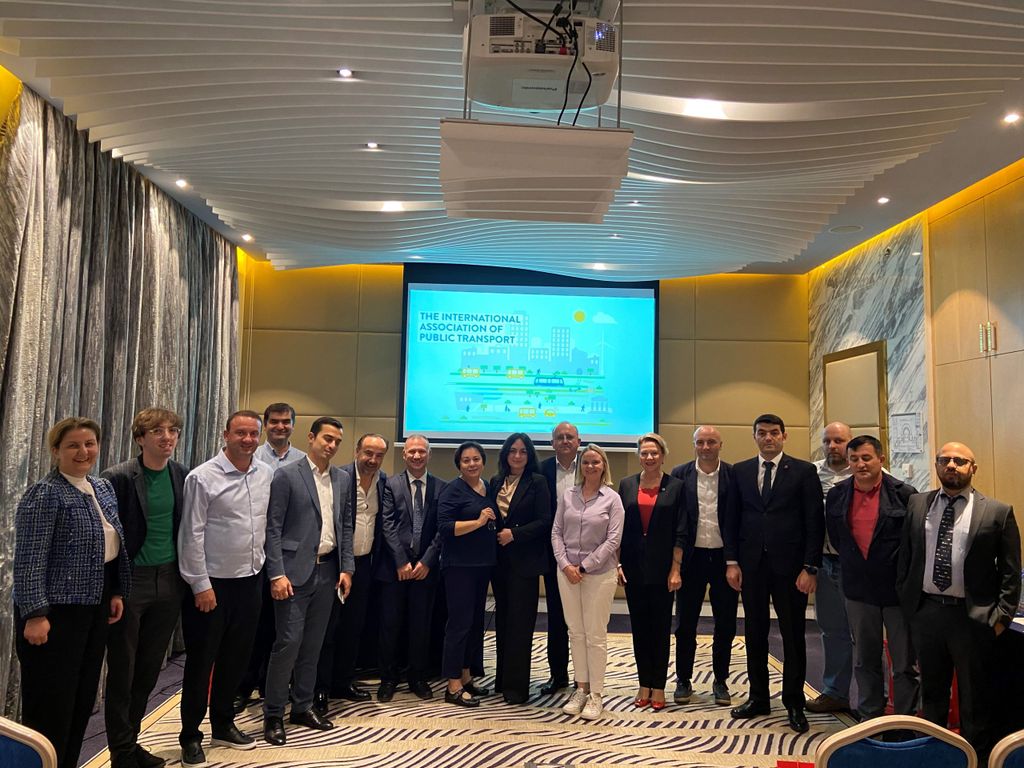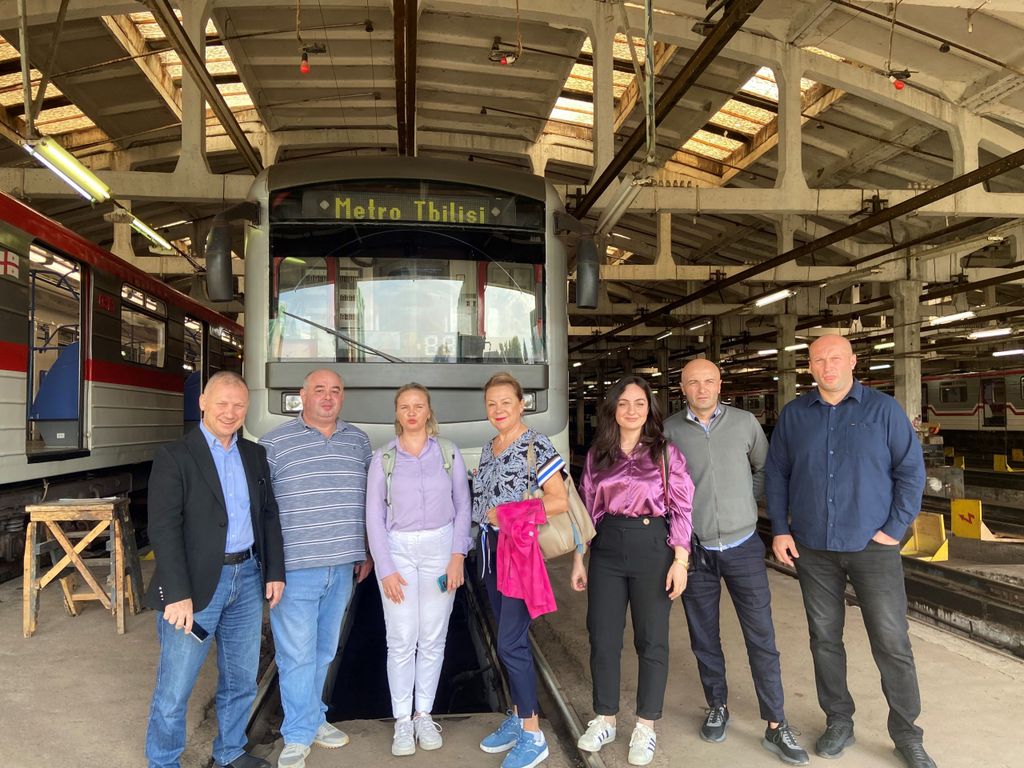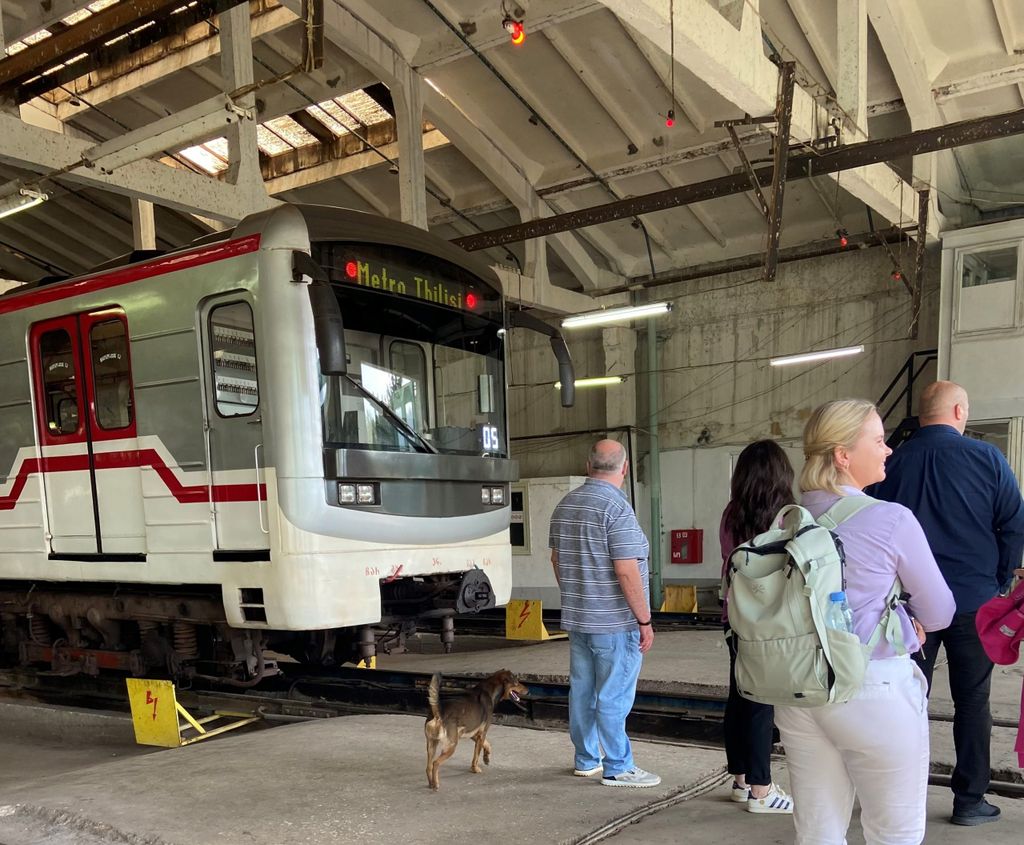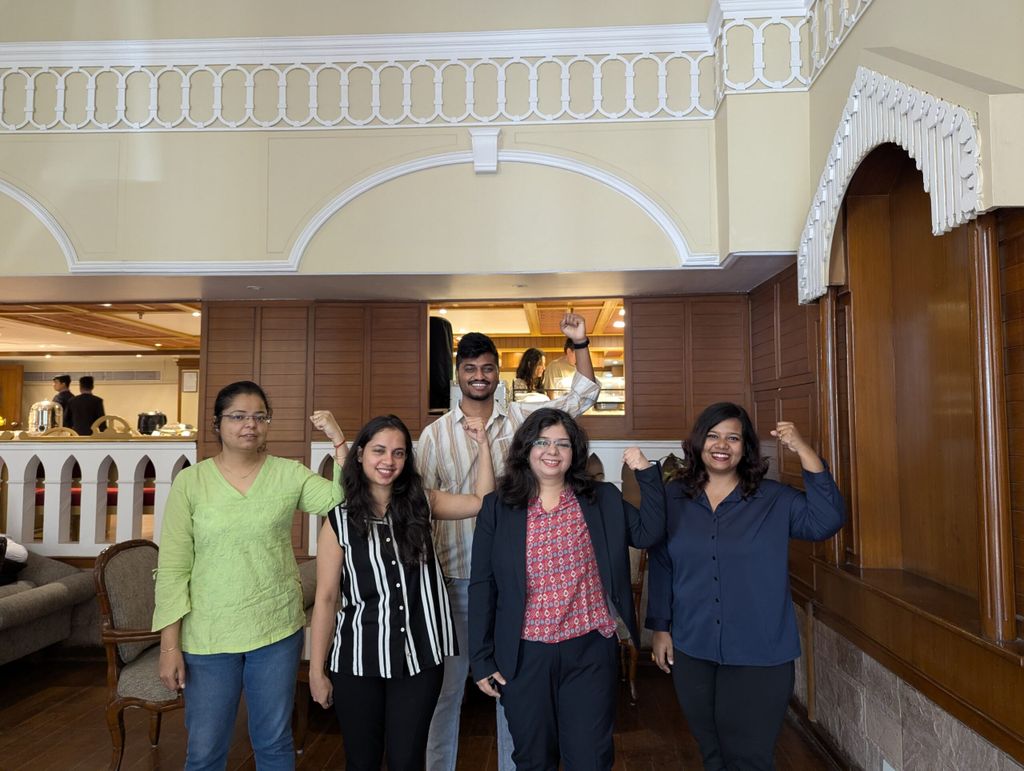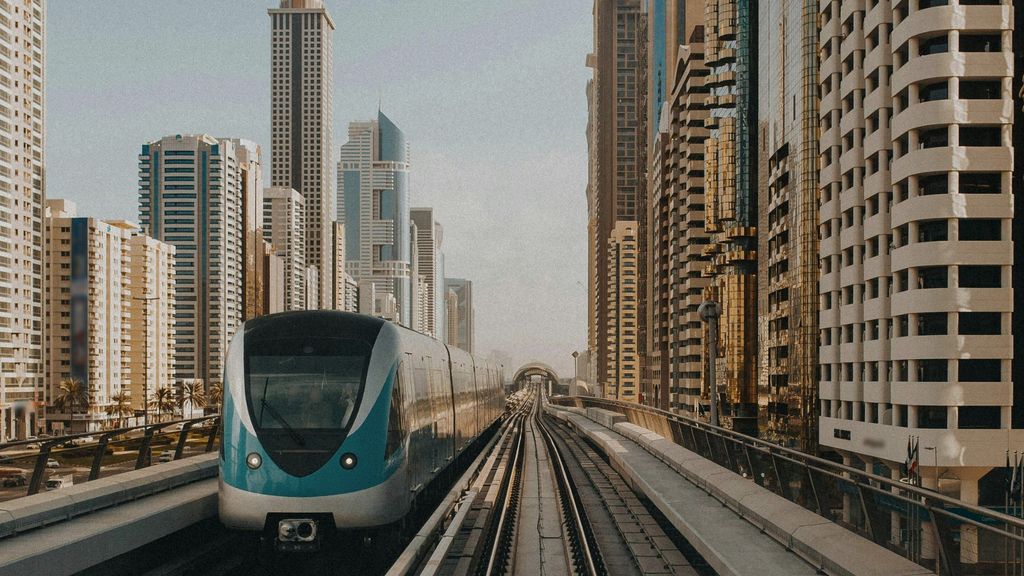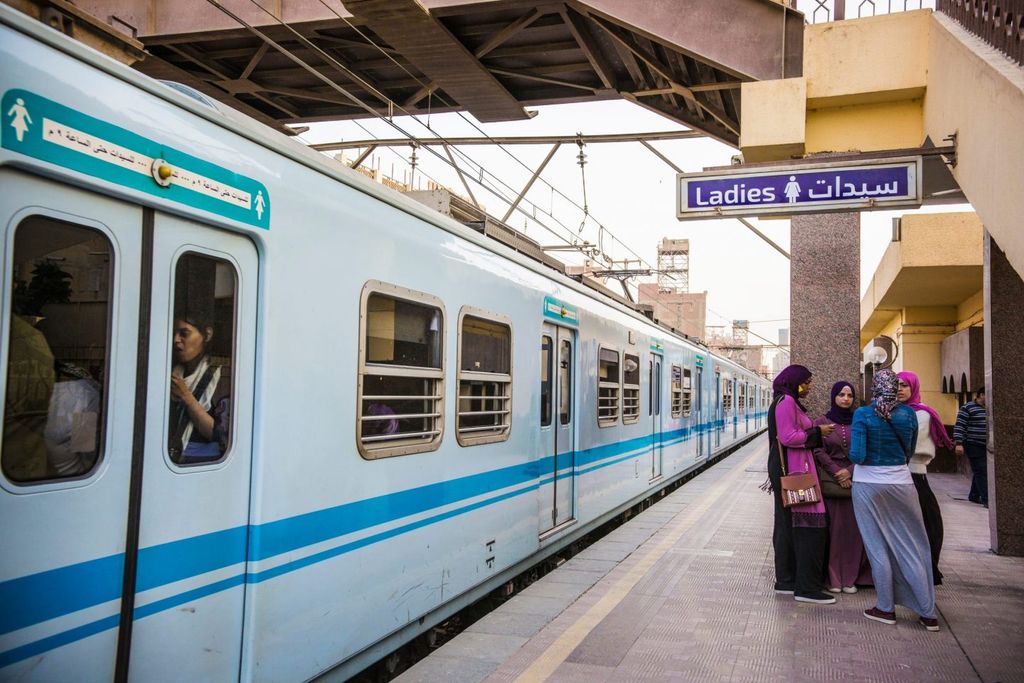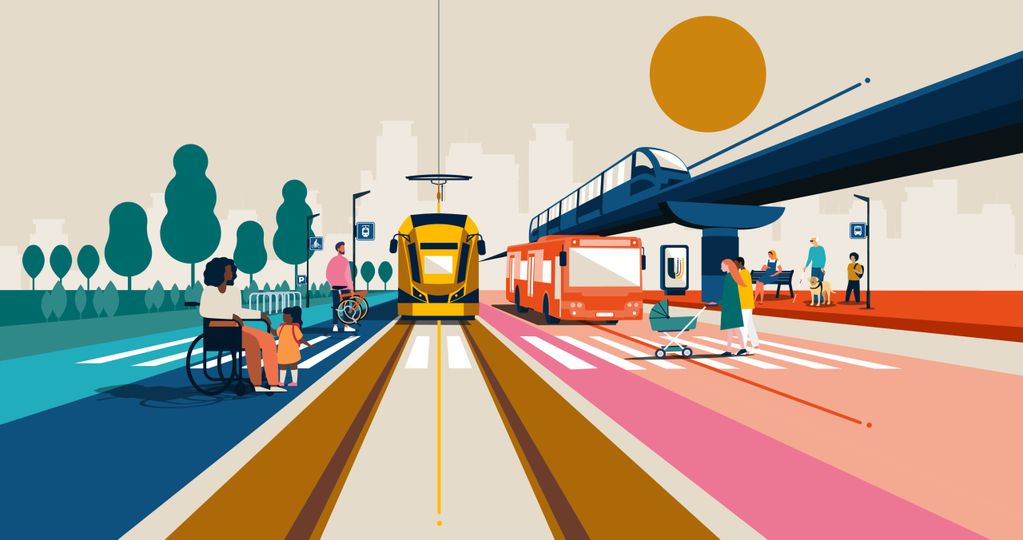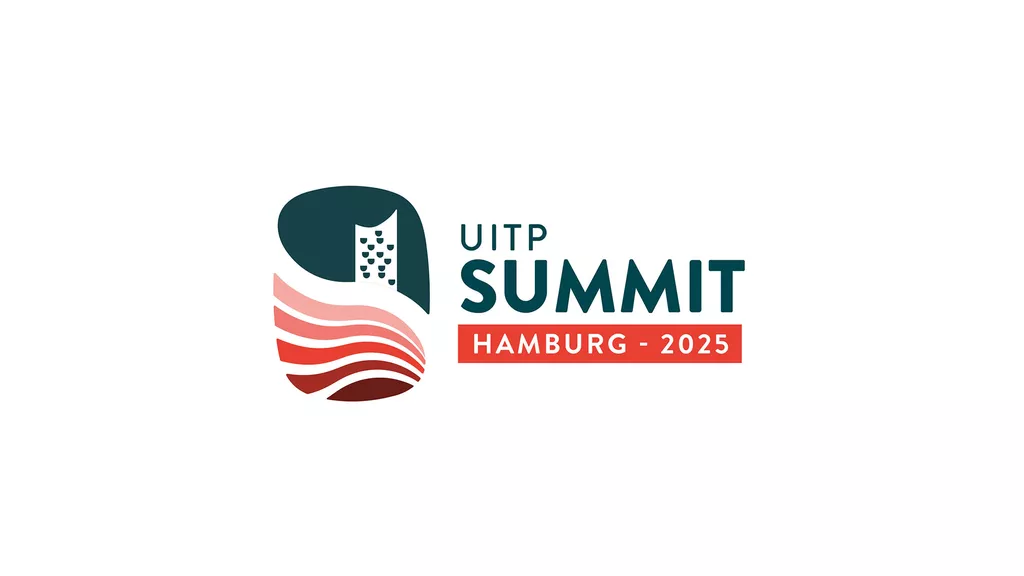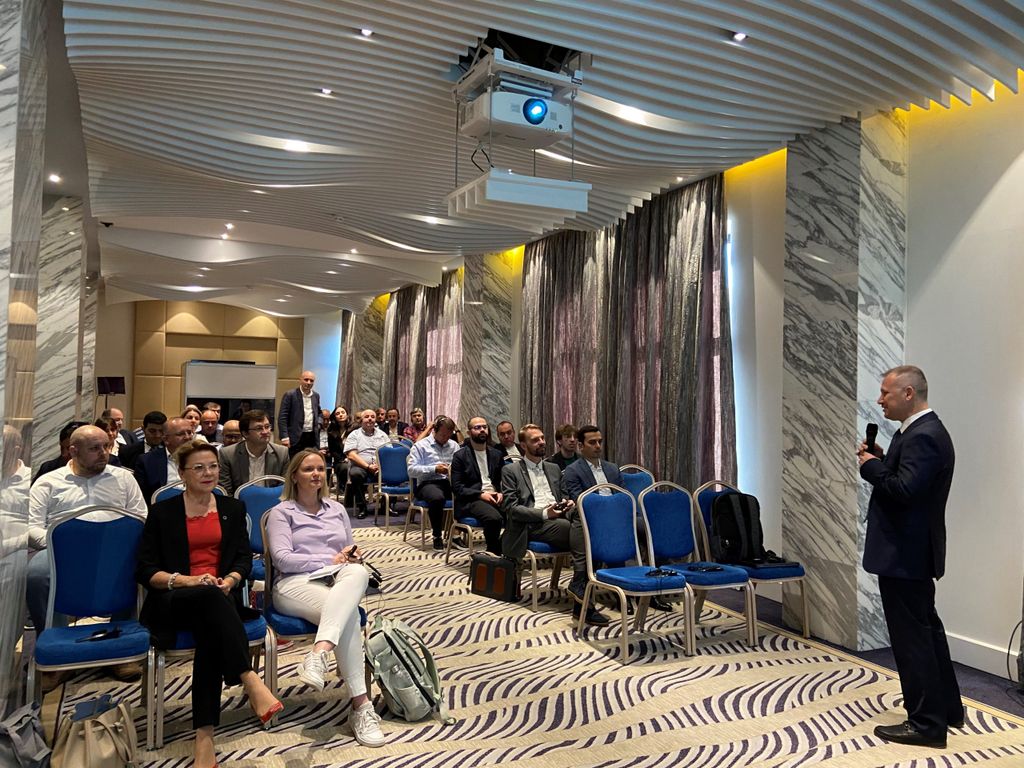
Eurasia Division Workshop 2023: Shaping the Future of Sustainable Urban Transport in Tbilisi
September 2023
The Eurasia Division Workshop took place in Tbilisi, Georgia on 28-29 September 2023, and it brought together key stakeholders in the field of public transport in Georgia.
The workshop was organized by UITP in collaboration with the Deutsche Gesellschaft für Internationale Zusammenarbeit (GIZ) GmbH Office Georgia.
The host for the event was Tbilisi Transport Company, the primary public transport operator in Georgia’s capital, overseeing the city’s metro, bus, and cable car systems.
The host country
Georgia, situated at the crossroads of Eastern Europe and West Asia, is a country within the Caucasus region, with access to the Black Sea and borders shared with Russia, Turkey, Azerbaijan, and Armenia. The country’s major cities include Tbilisi, Batumi (around 180,000 people), Kutaisi (about 150,000 people), and Rustavi (roughly 135,000 people).
- 69,700
square kilometres
- 3.7 million
population
- 1.3 million people
living in Tbilisi
Trends in Eurasia
The workshop addressed critical topics concerning the sustainable development of urban transport over the next decade, with a distinguished lineup of speakers and participants. It aimed to illuminate emerging trends and challenges that cities in the Eurasia region and beyond are confronting.
The workshop commenced with a warm welcome from Feyzullah Gundogdu, Head of UITP’s Eurasia office and Senior Advisor of UITP Academy, alongside Giorgi Sharkov, Head of the Tbilisi Transport Company, and Davit Jaiani, Deputy Head of the Transport and Urban Development Agency of Tbilisi City Hall.
The first plenary session centered on the central question of how cities can transition to sustainable urban transport, emphasising the pivotal role of public transport and the use of cutting-edge technologies in this journey. To frame the event, Feyzullah Gundogdu presented UITP’s vision, trends, and the challenges that cities face all over the world.
The insights into situation with public transport in Tbilisi was given by Giorgi Maisuradze, whose Transport and Urban Development Agency just recently elaborated Tbilisi Transport Plan. A big effort is made to change Tbilisi from a car-centric approach and switch the travel habits of the citizens to public transport and active modes.
Designated lanes were launched (and they will continue to grow to make 160km). Bicycles are being popularised, aiming to reach 8% in 2043 (0.1% currently). But the most ambitious are the plans to introduce tram-train, 50km route of commuter rails and six new cable-cars lines. Green mobility is given a special emphasis.
Sessions, panels, and workshops
A special guest of the workshop, Natalia Ferrier, corporate international relations and partnerships director of General management, RATP GROUP presented what is the main French operator planning for 2035. RATP, an agreed global trendsetter, working in 15 countries, sees their multimodal network not only as a set of lines, but as a combination of intelligent, complex places. This allows industrial cities modernisation.
Georgia is in the spotlight of international organisations, confirmed Tea Melikadze, EBRD Associate Director and Senior Banker. EBRD projects in 2016 and 2019 helped Tbilisi Transport Company with acquisition of a new bus fleet of different type for Tbilisi (CNG buses), Kutaisi, Gori, Telavi, Zugdidi, Rustavi (diesel buses), Batumi (electric and diesel buses), and rehabilitation of bus depots for Tbilisi. Projects for Tbilisi Metro range from modern car purchases to the upgrading and rehabilitation of up to 12 metro stations.
Jan Rickmeyer, Project Director Connect Georgia, presented new a GIZ project aimed at supporting public transport development in Georgia: “Connect Georgia”. The project is continuing GIZ experiences of the regional programme Mobility4Cities (2020 – 2023) and a joint project with UITP on training for electric bus drivers in 2022.
New project includes technical and advisory support on wide range of issues concerning Regional Transport Systems, Intelligent Transport Systems (ITS), usage of e-buses/H2 buses, bike sharing system and cycling infrastructure.
The Plenary Session on improving passengers’ experience, from stations and hubs to digital services, and presented the results of UITP project Stations of the Future. The project investigated how stations are changing and how stations can continue to improve.
Daria Kuzmina, project leader and UITP, Manager of LRT Committee, UITP Knowledge & Innovation Department spoke with Revaz Molodini, chief designer of Tbilisi Transport Company, on how to make stations and hubs bring more passengers to public transport vy providing comfort, reliability, and speed, and how metro development in Tbilisi will go. The rehabilitation of 12 metro stations under the Tbilisi Metro Modernisation Project (supported by EBRD) should improve outdoor and indoor accessibility to Metro stations under the Livable Cities Investment Programme.
During a panel discussion on Informal Transport prepared in cooperation with GIZ, participants explored how to make informal transport beneficial for urban mobility. The panel featured contributions from Jan Rickmeyer, Feyzullah Gundogdu, and Levan Lazariashvili, CEO Batumi Autotransport, so the experience of UITP Working Group on Informal Transport, GIZ project and practice of the city of Batumi, were brought together.
The Round Table on Service Excellence provided a platform for participants to share their thoughts and plans for their respective companies in the context of improving passenger experiences and achieving service excellence.
Moving the sector forward
The workshop concluded with a technical visit scheduled for 29 September, offering attendees the opportunity to explore on-ground implementations and best practices in Tbilisi.
In summary, the Eurasia Division Workshop 2023 in Tbilisi was a platform for dialogue, collaboration, and knowledge sharing among key players in the public transportation sector. Developing UITP member centric approach, it served as a beacon of hope for the future of sustainable urban transport and set the stage for continued innovation and development in the field.

